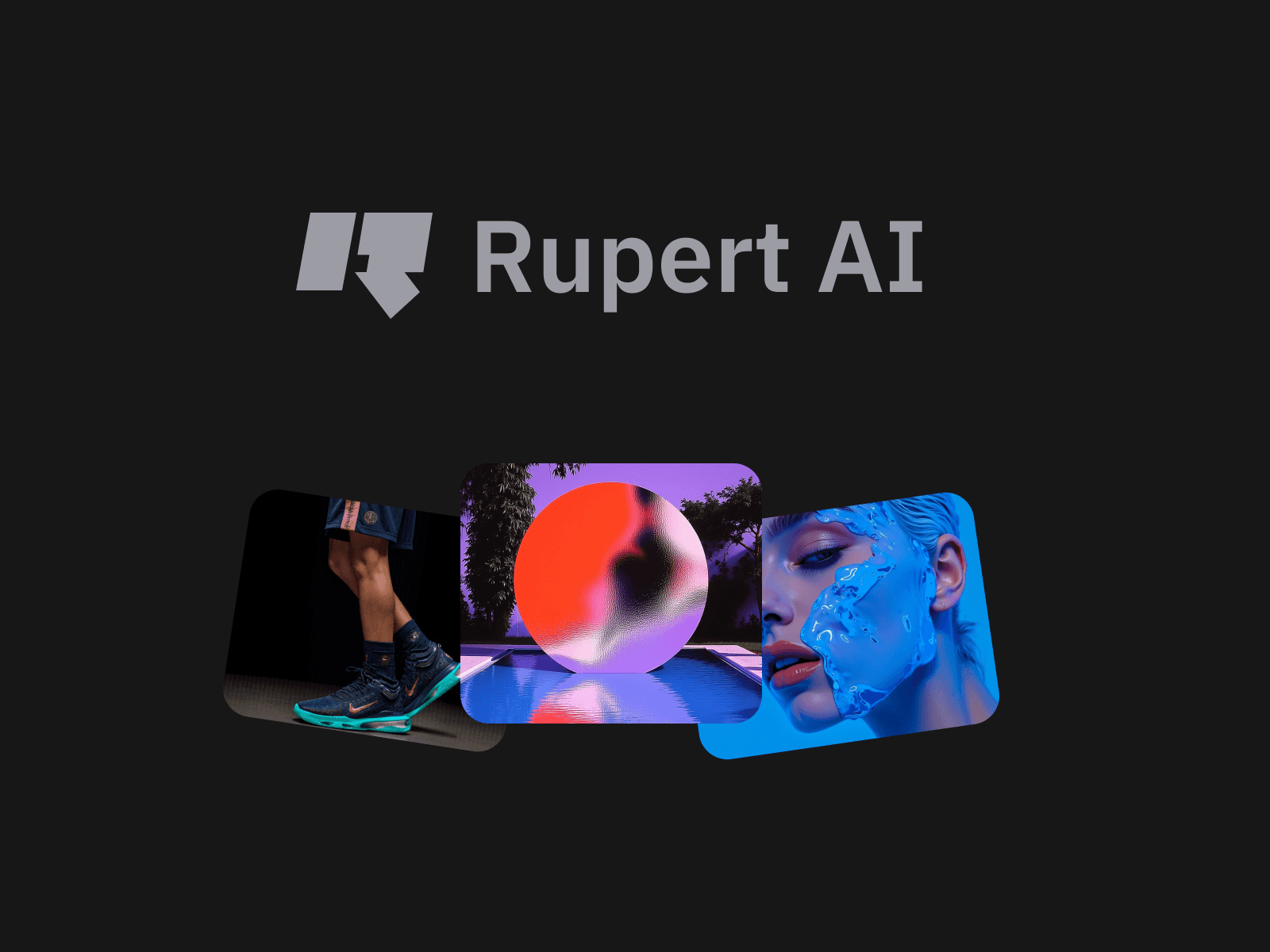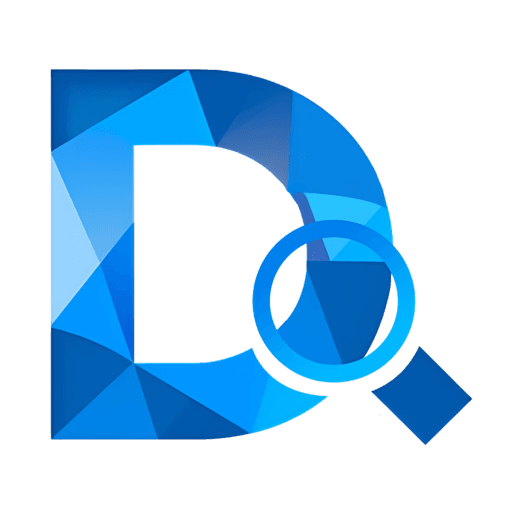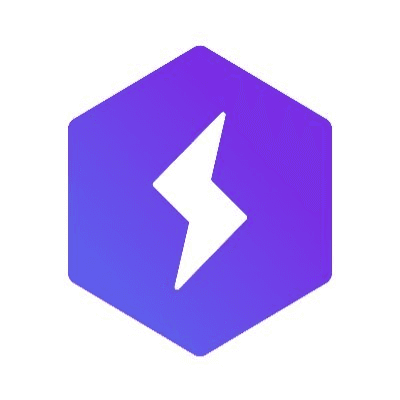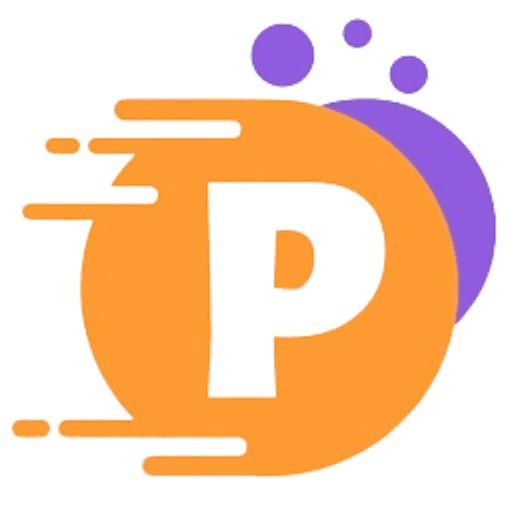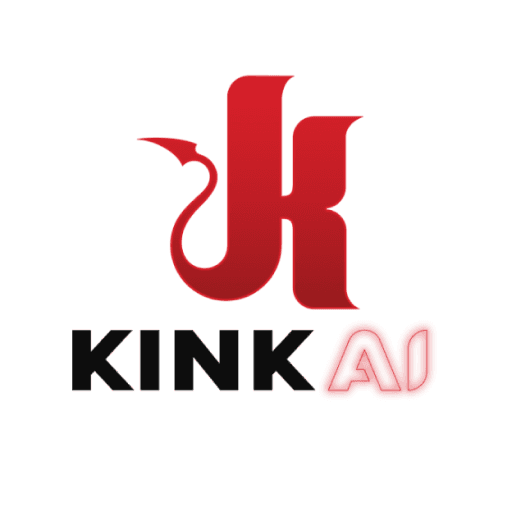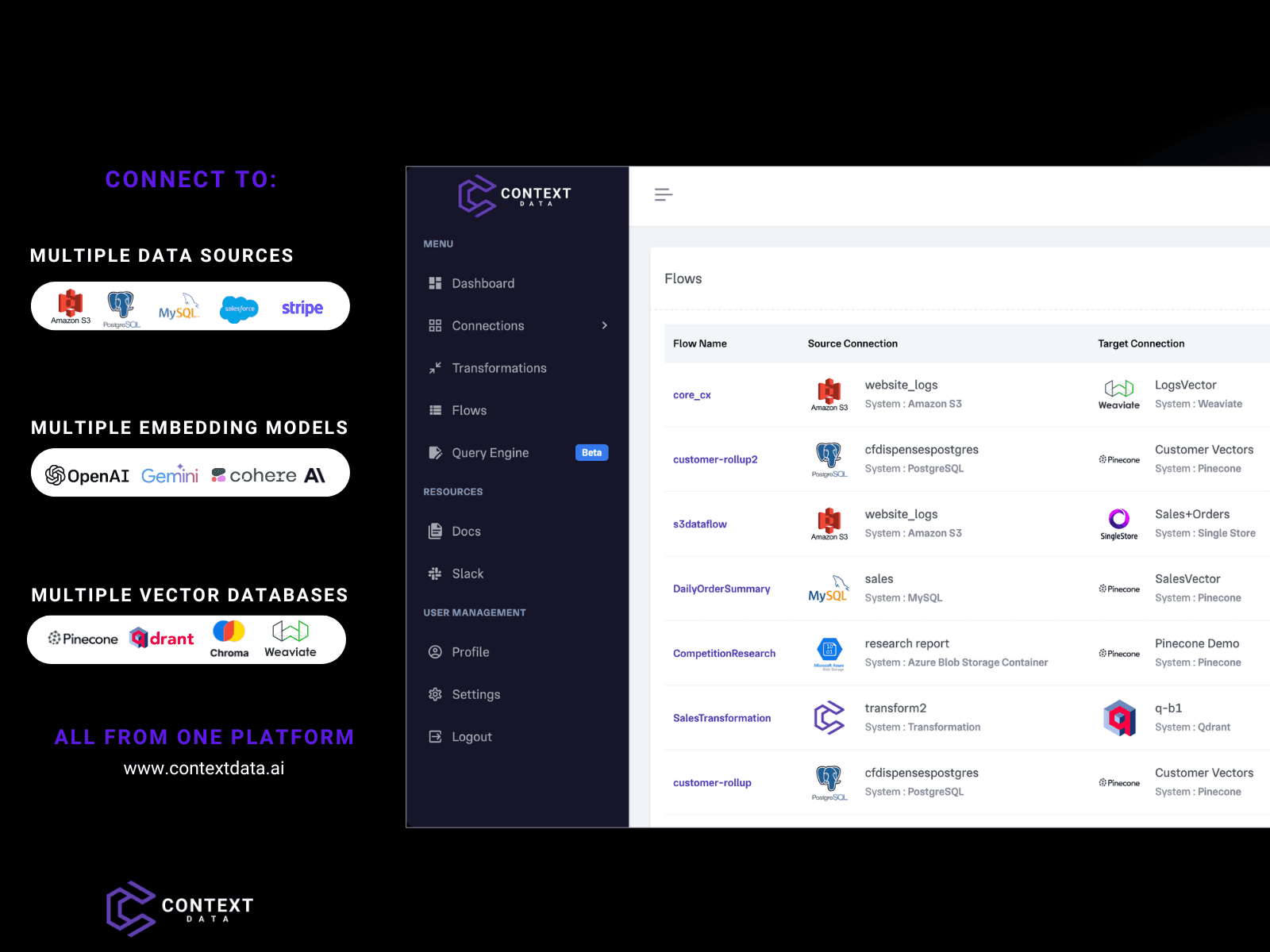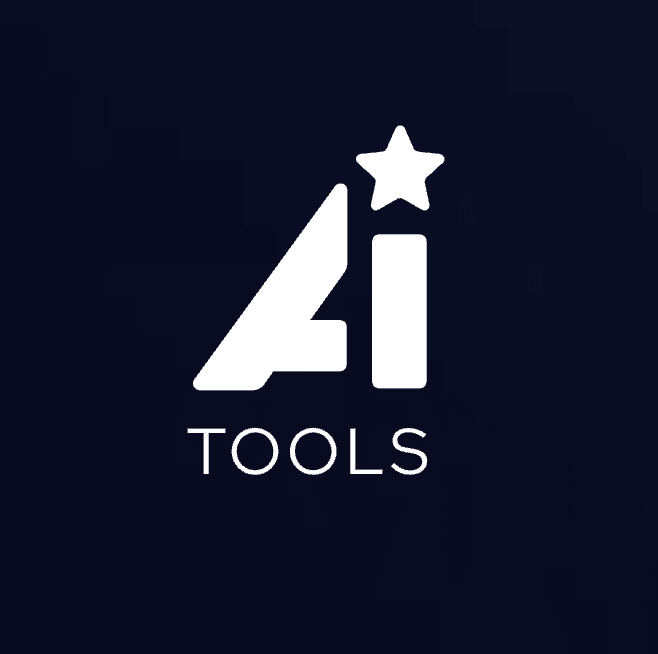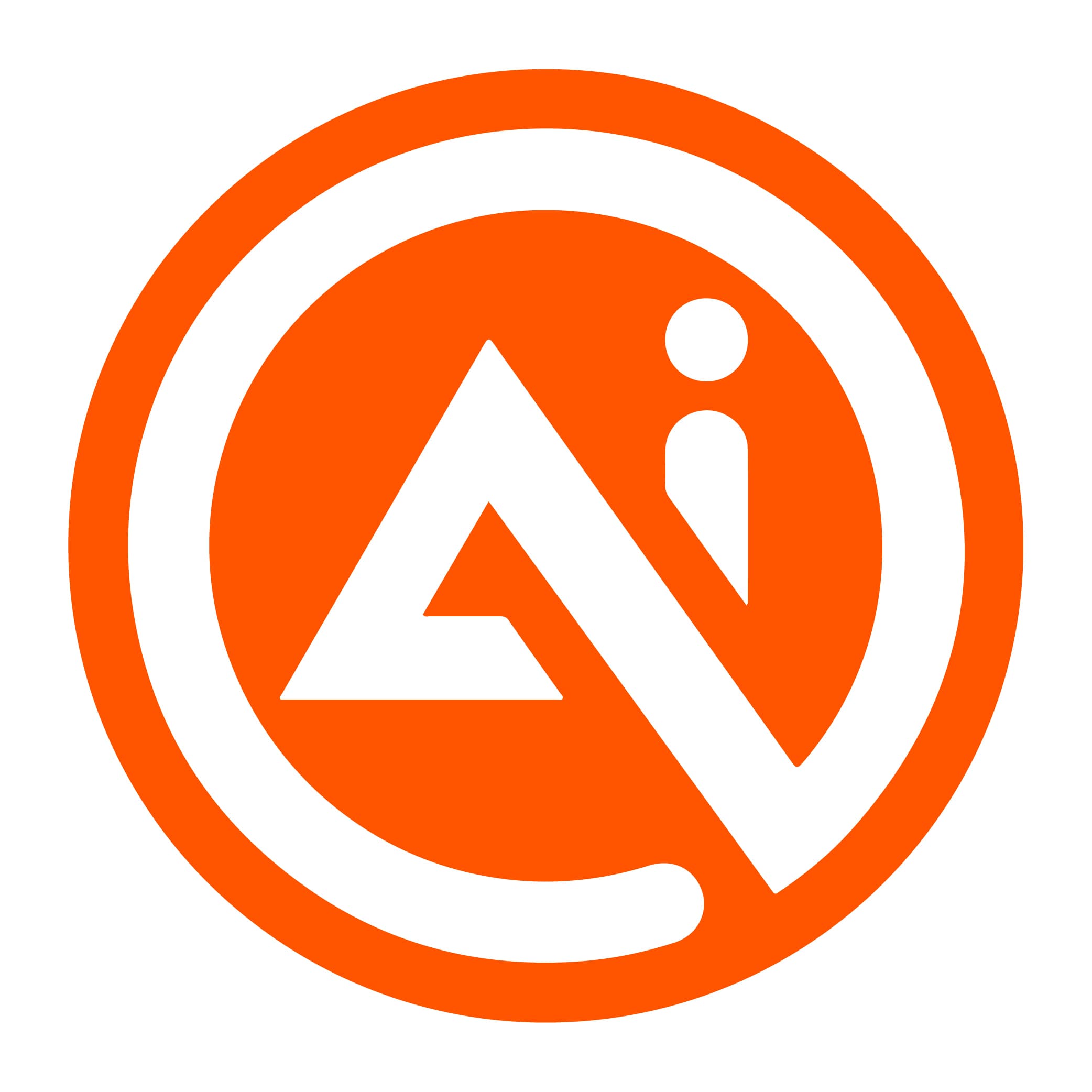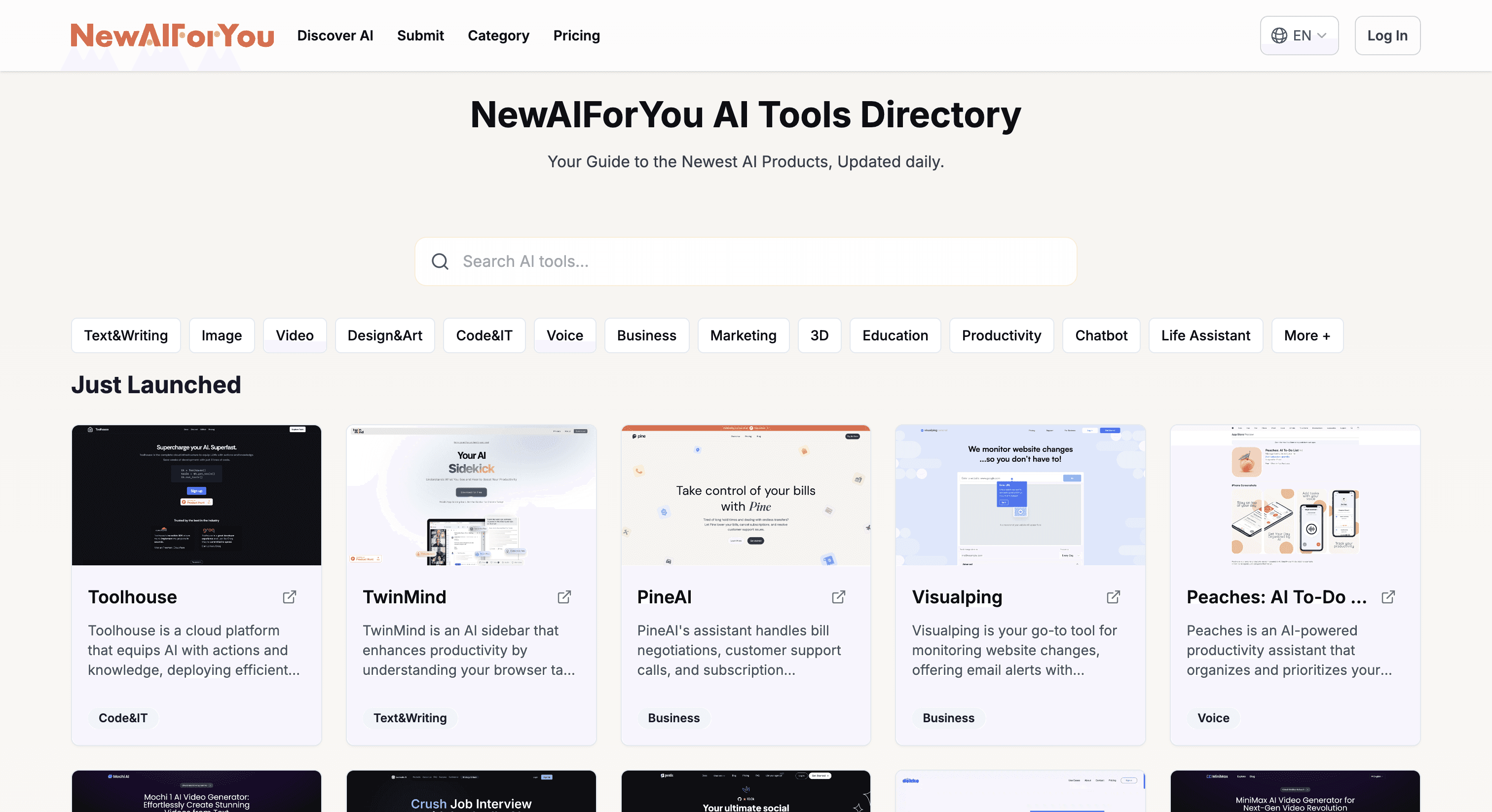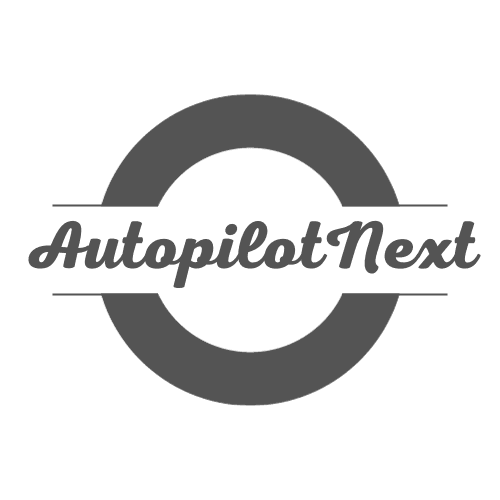Dynamiq vs. Narrow AI
Dynamiq
Dynamiq the operating platform for building, deploying, monitoring and fine-tuning generative AI applications. Key features: 🛠️ Workflows: Build GenAI workflows in a low-code interface to automate tasks at scale 🧠 Knowledge & RAG: Create custom RAG knowledge bases and deploy vector DBs in minutes 🤖 Agents Ops: Create custom LLM agents to solve complex task and connect them to your internal APIs 📈 Observability: Log all interactions, use large-scale LLM quality evaluations 🦺 Guardrails: Precise and reliable LLM outputs with pre-built validators, detection of sensitive content, and data leak prevention 📻 Fine-tuning: Fine-tune proprietary LLM models to make them your own
Narrow AI
Introducing Narrow AI: Take the Engineer out of Prompt Engineering Narrow AI autonomously writes, monitors, and optimizes prompts for any model - so you can ship AI features 10x faster at a fraction of the cost. Maximize quality while minimizing costs - Reduce AI spend by 95% with cheaper models - Improve accuracy through Automated Prompt Optimization - Achieve faster responses with lower latency models Test new models in minutes, not weeks - Easily compare prompt performance across LLMs - Get cost and latency benchmarks for each model - Deploy on the optimal model for your use case Ship LLM features 10x faster - Automatically generate expert-level prompts - Adapt prompts to new models as they are released - Optimize prompts for quality, cost and speed Learn more at getnarrow.ai
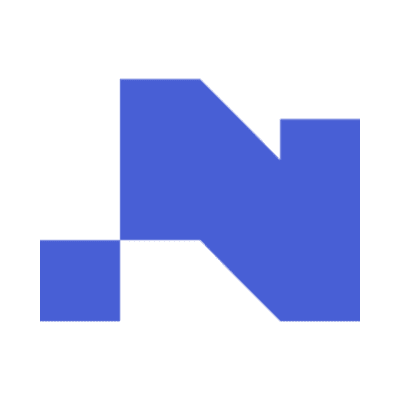
| Item | Votes | Upvote |
|---|---|---|
| No pros yet, would you like to add one? | ||
| Item | Votes | Upvote |
|---|---|---|
| No cons yet, would you like to add one? | ||
| Item | Votes | Upvote |
|---|---|---|
| Automated Model Migration | 1 | |
| Intelligent Cost & Performance Optimization | 1 | |
| Continuous Performance Monitoring | 1 |
| Item | Votes | Upvote |
|---|---|---|
| No cons yet, would you like to add one? | ||
Frequently Asked Questions
Dynamiq and Narrow AI serve different but complementary purposes in the generative AI landscape. Dynamiq offers a comprehensive platform for building, deploying, and fine-tuning generative AI applications with a wide range of features, including workflows, custom LLM agents, observability, guardrails, and fine-tuning capabilities. It is an all-in-one solution, particularly beneficial for organizations requiring stringent security controls and vendor-agnostic integrations. On the other hand, Narrow AI specializes in autonomously writing, monitoring, and optimizing prompts for various models, enabling faster deployment and cost-efficiency. It excels in automated prompt optimization, cost reduction, and performance benchmarks. If your primary need is a robust, secure, and versatile platform for generative AI development, Dynamiq is the better choice. However, if you need to optimize and manage prompts efficiently to speed up deployment and reduce costs, Narrow AI is more suitable.
Narrow AI is designed to be highly cost-effective by reducing AI spend by up to 95% through the use of cheaper models and automated prompt optimization. It focuses on maximizing quality while minimizing costs and provides benchmarks for cost and latency to ensure you deploy on the optimal model for your use case. Dynamiq, while offering a comprehensive suite of tools for generative AI development, does not specifically emphasize cost reduction to the same extent. Therefore, if cost-effectiveness is a primary concern, Narrow AI is the more suitable option.
Dynamiq offers robust security features, making it ideal for organizations managing highly sensitive data. It provides an air-gapped solution with stringent security controls, ensuring ironclad security while leveraging LLMs. It includes pre-built validators, detection of sensitive content, and data leak prevention as part of its guardrails feature. Narrow AI, while focusing on prompt optimization and cost reduction, does not explicitly highlight advanced security features. Therefore, Dynamiq is the better choice for organizations prioritizing security.
Dynamiq provides a low-code interface for building GenAI workflows, making it user-friendly for non-technical users who need to automate tasks at scale. Its all-in-one solution covers the entire GenAI development process, which can be beneficial for users who prefer a streamlined, cohesive platform. Narrow AI also aims to simplify the process by autonomously writing, monitoring, and optimizing prompts, reducing the need for manual intervention and technical expertise. Both platforms are designed to be user-friendly, but Dynamiq offers a more comprehensive toolset for non-technical users looking to manage the entire lifecycle of generative AI applications.
Dynamiq is an operating platform designed for building, deploying, monitoring, and fine-tuning generative AI applications. It offers a variety of features including low-code workflow automation, custom knowledge base creation, LLM agent operations, observability, guardrails for reliable outputs, and fine-tuning of proprietary LLM models.
The key features of Dynamiq include: - Workflows: Build GenAI workflows in a low-code interface to automate tasks at scale. - Knowledge & RAG: Create custom RAG knowledge bases and deploy vector DBs in minutes. - Agents Ops: Create custom LLM agents to solve complex tasks and connect them to your internal APIs. - Observability: Log all interactions and use large-scale LLM quality evaluations. - Guardrails: Ensure precise and reliable LLM outputs with pre-built validators, detection of sensitive content, and data leak prevention. - Fine-tuning: Fine-tune proprietary LLM models to make them your own.
The benefits of using Dynamiq include: - Air-gapped Solution: Enables clients managing highly sensitive data to leverage LLMs while maintaining stringent security controls. - Vendor-Agnostic: Allows clients to build GenAI applications using a variety of models from different providers and switch between them if needed. - All-In-One Solution: Covers the entire GenAI development process from ideation to deployment.
The use cases for Dynamiq include: - AI Assistants: Equip teams with custom AI assistants to streamline tasks, enhance information access, and boost productivity. - Knowledge Base: Build a dynamic AI knowledge base to streamline decision-making and enhance productivity by reducing the time spent navigating through extensive company documents, files, and databases. - Workflow Automations: Design powerful, no-code workflows to enhance content creation, CRM enrichment, and customer support.
As of now, there are no user-generated pros and cons for Dynamiq. However, its key benefits include stringent security measures, vendor-agnostic integration capabilities, and an all-in-one solution for GenAI development.
The pros of Narrow AI include Automated Model Migration, Intelligent Cost & Performance Optimization, and Continuous Performance Monitoring. There are currently no user-generated cons listed for Narrow AI.
Narrow AI is a platform that autonomously writes, monitors, and optimizes prompts for any model, allowing users to ship AI features 10 times faster and at a fraction of the cost. It aims to maximize quality while minimizing costs, reduce AI spend by 95% with cheaper models, improve accuracy through Automated Prompt Optimization, and achieve faster responses with lower latency models.
Narrow AI offers several features including Automated Model Migration, Intelligent Cost & Performance Optimization, Continuous Performance Monitoring, and Automated Prompt Optimization. It also allows users to easily compare prompt performance across different LLMs, get cost and latency benchmarks for each model, and deploy on the optimal model for their use case.
Narrow AI helps reduce AI costs by up to 95% through the use of cheaper models and optimizing prompts for quality, cost, and speed. This allows users to achieve high accuracy and fast responses without incurring significant expenses.
Narrow AI optimizes prompt performance through Automated Prompt Optimization, which adjusts prompts to improve accuracy, reduce latency, and lower costs. It continuously monitors performance and adapts prompts to new models as they are released, ensuring optimal performance.


